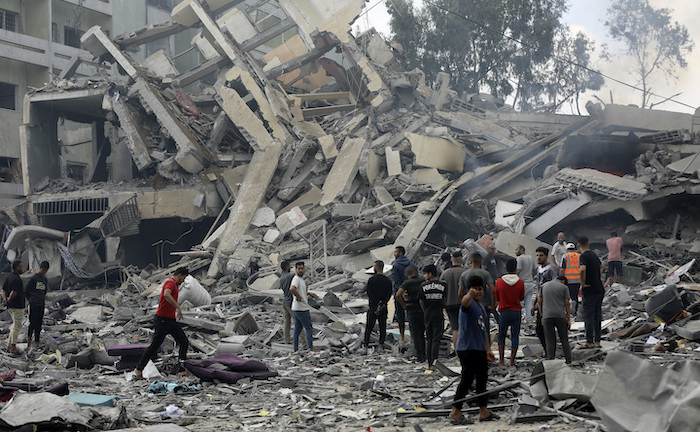
Qatar has announced a suspension of its role as a mediator in ongoing negotiations between Israel and Hamas, citing increased hostilities and limited progress in reaching humanitarian agreements. This decision comes at a crucial moment when diplomatic intervention is urgently needed to address the escalating humanitarian crisis in Gaza.
For years, Qatar has served as a key intermediary in facilitating dialogue between Israel and Hamas, often with the goal of brokering temporary ceasefires and arranging humanitarian aid channels. The Gulf nation, which hosts a political office for Hamas, has historically worked alongside Egypt and other international stakeholders to reduce tensions and mediate temporary agreements. This recent withdrawal, however, raises concerns about the future of peace efforts, as Qatar has played a unique role in bridging communication between the two sides.
The decision reportedly stems from frustration with a lack of compromise, increasing violence, and rising casualties in Gaza. Qatar has conveyed its disappointment with the minimal progress achieved and has urged the international community to ramp up efforts to prevent further destabilization. While Qatar’s suspension does not necessarily close the door on future involvement, it signals a critical impasse in negotiations that might require alternative approaches or increased international intervention.
In light of Qatar’s decision, regional analysts warn that the absence of this key mediator could prolong the conflict, limit access to humanitarian aid, and hinder broader diplomatic efforts. As violence persists, the urgency for a renewed approach to de-escalate the situation intensifies, putting pressure on other stakeholders to fill the gap left by Qatar’s withdrawal.
4o




